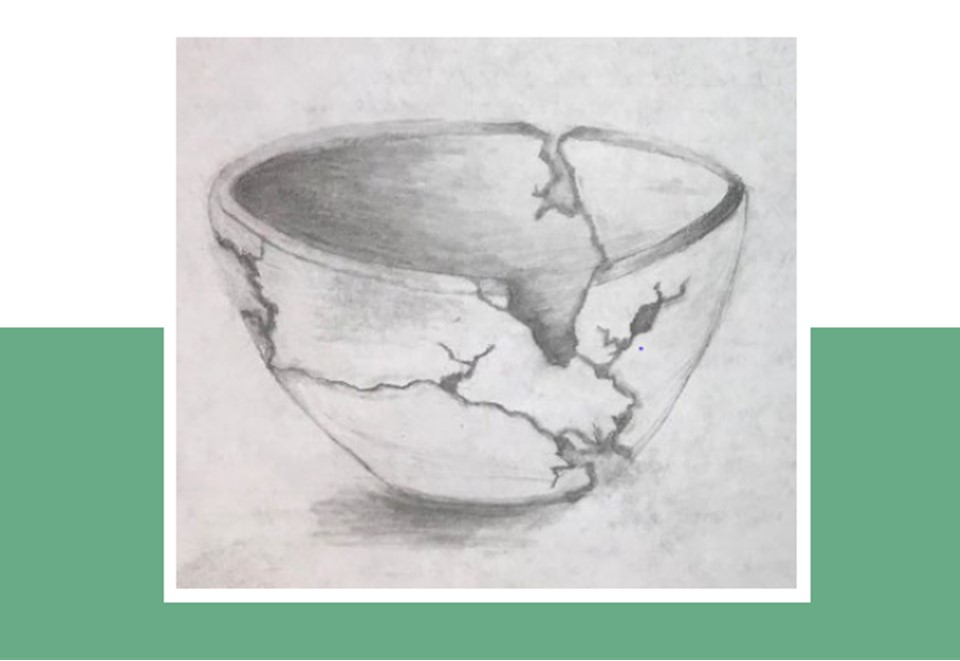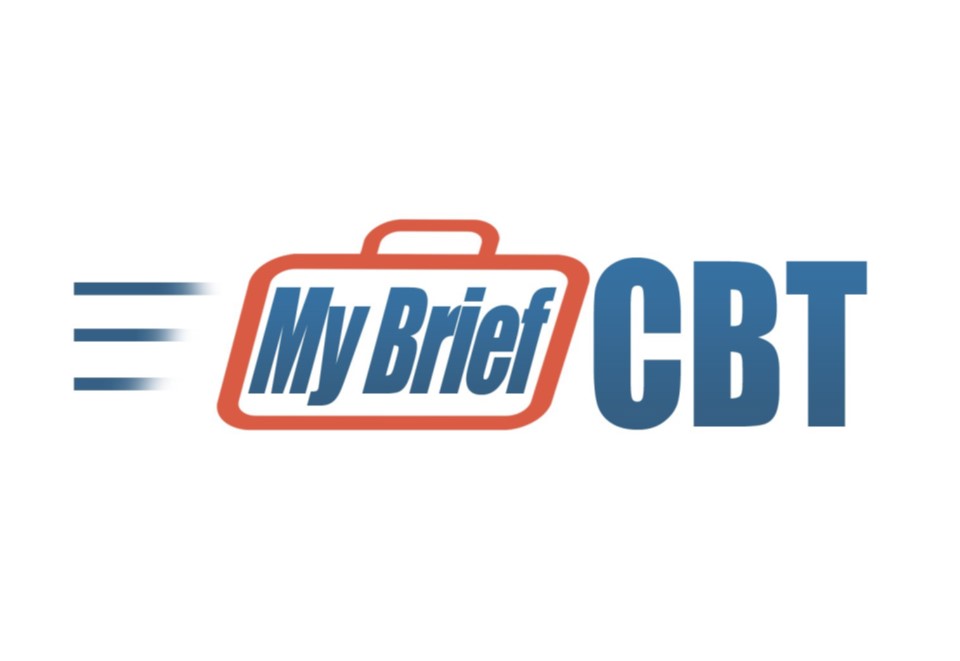Newsletter | Fall 2021 | South Central MIRECC
New Resources for Education on Moral Injury and Providing Brief Cognitive Behavioral Therapy
Our Clinical Educator Grant program helps VISN 16 and 17 mental health providers create and share resources that improve treatment for rural and other Veterans who face barriers to care. We give these products to Veterans, VA providers, and the public for free. Visit our Clinical Educator Products webpage to access all of our products.

- Moral Injury Psychoeducation Group
-
Developed by Pat Pernicano, PsyD and Kerry Haynes, DMin, MDiv, BCC/MH
This four-week program is a time-limited psychoeducational “standalone” group that can be offered either virtually or in person to provide information about moral injury. The curriculum, which includes a facilitator guide and program handbook, provides information for chaplains and mental health clinicians on leading a Moral Injury Psychoeducation Group. The group may be led by chaplains, clinicians, church clergy specializing in pastoral care or mental health ministry with Veterans, or trained para-professionals such as NAMI volunteers or Veteran peer support specialists who have participated in the course.
The program is designed to introduce core concepts related to moral injury and prepare Veterans for more intensive therapy for moral injury, if desired and available. The program handbook is used to conduct the sessions, which are nonthreatening and focus on education as opposed to group process or self-revelation. The facilitator guide includes helpful hints, clinical examples, potential pitfalls, and ways to appropriately involve Veterans during group sessions.

- MyBriefCBT
-
Developed by Jeffrey Cully, PhD (point of contact/lead developer), Melinda Stanley, PhD, Mark Kunik, MD, Terri Fletcher, PhD, Michael Kauth, PhD, Kristen Sorocco, PhD, Joseph Mignogna, PhD, Andrew Robinson, MS, and Darrell Zeno, MS
The MyBriefCBT program was developed to improve access and delivery of evidence-based psychotherapies (EBP) in clinical settings that demand rapid or time-limited interventions. Brief cognitive behavioral therapy (CBT) was designed to address depressive symptoms and can be delivered in 3-6 sessions. Brief CBT uses measurement-based care and variable treatment intensity models to streamline the psychotherapy process while respecting the needs of patients.
This patient-centered approach to care can also be seen in the way in which the program leverages a flexible skills-based approach that allows providers and patients to select and inform their process of care. Currently, the MyBriefCBT program is being implemented within several Veterans Health Administration Integrated Service Networks (VISNs) across the United States.
The program includes a provider manual and patient workbook that is separated into six sections focused on different skills for mood and well-being. Each skill area can be a focus of the work done during a session but every skill area does not have to be completed. Patients and clinicians can focus on areas that will be the most beneficial. The final section of the workbook contains extra copies of the worksheets and monitoring forms that will be presented in each skill area.
Last updated: October 25, 2021
In this Issue
— Meet Our New Fellows
— Affiliate Profile: Dr. Claire Houtsma
— New DEI Statement
— Targeted DEI Pilot Research
— DEI Calendar of Events
— Anchor Site Highlights
— New Clinical Education Resources
— Publication Highlights
— MIDAS Consultation Service
SC MIRECC Menu
Home
About
Leadership & Staff
Anchor Sites
Research
Research Training
Houston Fellowship
Little Rock Fellowship
Fellows
Grant Writing
Education
CBOC Grand Rounds
BEST Program
Education Products
New and Featured
Products by Topic
Order
Clinical Care
Newsletter
News Flash
PACERS
Diversity (DEI)
Black Veterans
Older Veterans
Women Veterans



















